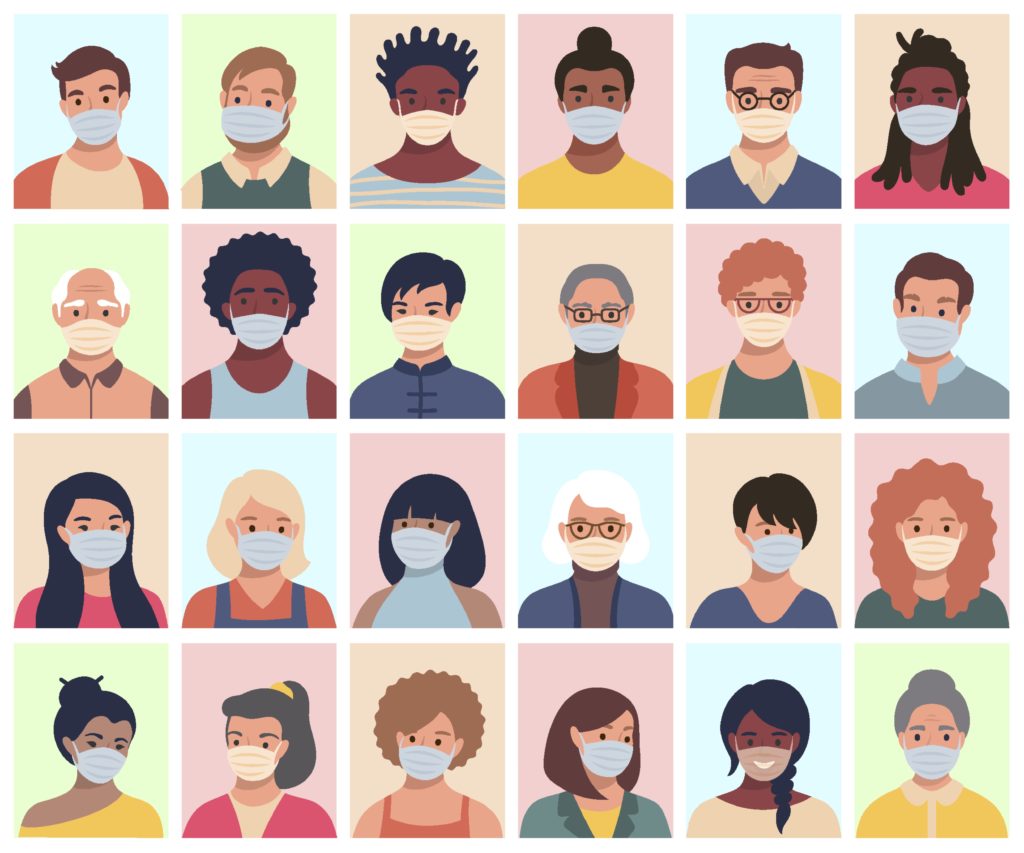I grew up in the 90s. What at time to be alive. Dairy Queen had Treatza Pizzas, the Beanie Baby bust was still unthinkable and our biggest political scandal was of a sexual nature, which seems fairly tame now.
The differences between the world I grew up in and the world Gen Z is growing up in today are vast. I track these differences by facilitating frequent Gen Z and Millennial conversations. I listen particularly, as I always do when thinking about generations, for the impact of events on teens. Our teenage years are formative: It’s when we learn to make sense of the world. So, I seek to understand how different events and conditions impact Gen Z and how that compares to Millennials.
Here are snippets of conversation between Millennials and Gen Zers on a variety of topics:
Violence
Millennial: I was 16 when 9/11 happened, and when the first tower was hit, no one even thought terrorism. We all thought that a plane needed to emergency land and it couldn’t make it to a runway. It wasn’t until the second tower was hit that we knew this was intentional. Global terrorism on American soil was not part of my reality pre-9/11.
Gen Zer: Oh really? If I hear a loud noise at the mall, I pretty much just assume it’s a terrorist.
Education
Gen Zer: I’ll take my SAT as many times as possible to get the best score. It’s just the easiest way to prove how smart you are.
Millennial: Don’t you think those standardized scores are kind of limiting? What about that Einstein quote: “Everyone is a genius. But if you judge a fish by its ability to climb a tree, it will live its whole life believing it is stupid.” Couldn’t there be some truth to that?
Gen Zer: No. I don’t think so. If you get a really bad score on your SATs, you probably aren’t very smart.
The differences are stark and numerous, from politics to personal finances to work ethic. One particularly powerful factor is the Great Recession. The recession that started in 2007 had an impact on every generation: Baby Boomers’ 401(k)s evaporated. Gen Xers lost their jobs. Millennials had to move back home. But the recession hit Gen Z during those crucial years when they’re figuring out how the world works and what’s important in life. Many of them experienced the recession through the stress their parents and older siblings were experiencing. And that stress is likely to shape the way this generation chooses to build their careers and their families in the future.
Here’s are transcripts from a few interviews:
Gen Zer, female, 17: My mom is a consultant and my dad is a doctor, so we weren’t worried about not having food or something. There was just stress. I remember my mom’s firm was competing for a piece of business against another firm. My mom’s firm won; the other firm went out of business. There are winners and losers. Some people win business, other people go out of business. Winning takes a lot of work. My mom was up all night. She was stressed. My dad was stressed. Our house was stressful. It wasn’t as bad as one of my friends. Her dad was out of work for years. He had three degrees from Penn. It didn’t matter. Even those degrees couldn’t protect him.
Gen Zer, male, 20: My older sister is really smart and I look up to her. After college she planned on moving to San Francisco, but the rent was really high and she was going to have to take an unpaid internship. It just wasn’t going to work, so she came home. I couldn’t really believe it. I always imagined her on one those 30 under 30 lists, but she was just home, in her childhood bedroom. She majored in English, so maybe that was the problem. I’m majoring in computer science so that I hopefully I don’t have to worry as much.
These snippets paint a picture of doom and gloom, so let me add the silver lining. First, these kids don’t have it all bad. They get to grow up with One Direction, after all. But, more importantly, some exposure to adversity at a young age builds resilience. Gen Zers learned how to prepare for the future in ways we Millennials often didn’t. As many as 58 percent of teens between 13 and 17 say they’re already saving money (Sparks and Honey).
I also find that many Gen Zers have thick skin. They don’t think everything magically works out, and they know that, while they can’t be protected from every misfortune, they can set themselves up for success in strategic ways. Sure, they watched their parents and siblings take the brunt of the recession, but they also watched people bounce back and reinvent themselves in the face of disappointment
The recession impacted each generation differently. For Gen Z, they found at a young age that the world is sometimes black and white. There are winners and there are losers. After many interviews, one thing is crystal clear to me: Gen Z came to win.




